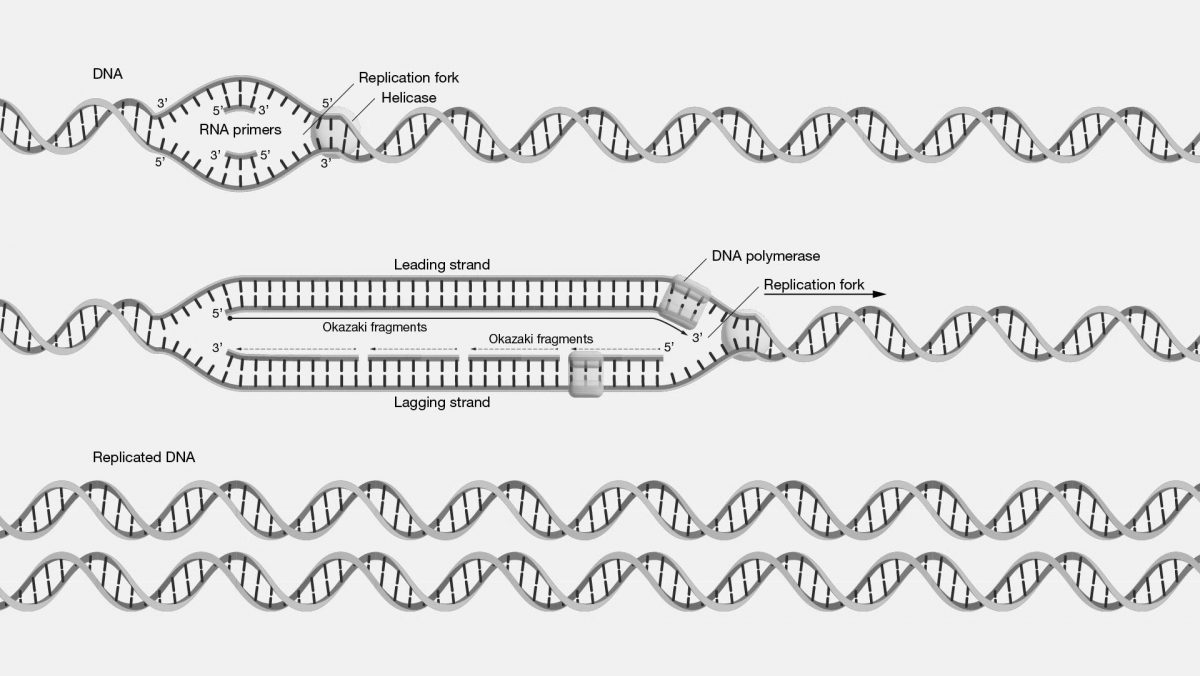Introduction
In the realm of decision-making, our minds often resort to cognitive shortcuts and biases that can lead us astray. One such mental model that frequently impacts our choices is the Replication mental model. Replication refers to our tendency to prefer familiar options or situations over new or unfamiliar ones. It is deeply rooted in human psychology, as our brains are wired to seek comfort and minimize uncertainty. However, this inclination can hinder our ability to make rational decisions that align with our best interests. In this blog post, we will explore the concept of Replication, its prevalence in our daily lives, the biases that contribute to it, and practical strategies to avoid falling into this mental trap.
Defining Replication and Its Relevance
The Replication mental model can be defined as the human tendency to favor familiar options or situations, often disregarding the potential benefits of exploring new possibilities. This bias arises from our instinctive need for safety and predictability. When faced with decision-making, we often lean towards options that we have encountered before, as they provide a sense of comfort and reduce the uncertainty associated with the unknown. This inclination can hinder our growth, limit our opportunities, and lead to suboptimal outcomes.
Replication in Various Contexts
- Personal Life Decisions: Consider the scenario of choosing a vacation destination. Despite the allure of exploring new cultures and experiences, individuals may opt for the same familiar location year after year. This tendency to replicate past choices limits the potential for personal growth, new discoveries, and a broader perspective.
- Business Scenarios: In business, the Replication mental model can be observed in decision-making processes related to product development. Companies may replicate previous successful products or strategies without adequately considering changing market dynamics or evolving customer preferences. By failing to explore new ideas or approaches, they risk losing their competitive edge.
- Public Policy-Making: Replication also plays a significant role in public policy-making. Decision-makers, driven by familiarity and resistance to change, may continue implementing policies that have proven effective in the past, even if societal circumstances have evolved. This reluctance to embrace novel solutions can hinder progress and leave societies ill-equipped to address emerging challenges.
The Biases and Psychological Underpinnings
Several cognitive biases contribute to the Replication mental model. One prominent bias is the Status Quo Bias, which leads individuals to prefer the current state of affairs over potential alternatives. Anchoring Bias, another psychological tendency, influences decision-making by relying heavily on initial information or past experiences. These biases reinforce our inclination to replicate familiar choices, even when evidence suggests that exploring new options may yield superior outcomes.
Moreover, our brains are wired to seek patterns and make associations to simplify information processing. This cognitive efficiency leads to the Illusory Familiarity bias, where we perceive familiar options as safer, more reliable, and less risky. The emotional comfort derived from familiarity can overshadow logical analysis, impairing our ability to make well-informed decisions.
Identifying and Avoiding Replication
- Awareness: The first step in overcoming Replication is cultivating awareness of this mental model and its influence on our decision-making. By recognizing our biases towards familiarity, we can actively seek out fresh perspectives and possibilities.
- Explore Diverse Perspectives: Actively challenge the status quo by seeking diverse viewpoints and experiences. Engaging with different cultures, industries, or disciplines can broaden our horizons and provide valuable insights that disrupt replication tendencies.
- Embrace Discomfort: Recognize that growth often occurs outside our comfort zones. Embracing uncertainty and taking calculated risks can lead to new opportunities and better decision-making. Cultivating a growth mindset encourages curiosity and fosters an openness to change.
- Gather Information: When faced with a decision, consciously gather relevant information about both familiar and unfamiliar options. This approach helps counter the Illusory Familiarity bias, ensuring a more objective evaluation of choices.
Conclusion
The Replication mental model is a common cognitive bias deeply ingrained in human psychology. Its prevalence in personal, business, and public decision-making can hinder progress, limit growth, and lead to suboptimal outcomes. By understanding the biases that contribute to Replication and adopting strategies to overcome them, individuals can break free from the confines of familiarity. Cultivating awareness, exploring diverse perspectives, embracing discomfort, and gathering comprehensive information can empower us to make more objective and informed decisions. As we navigate the complexities of life, actively avoiding the Replication mental trap becomes essential for personal growth, success, and societal progress.
